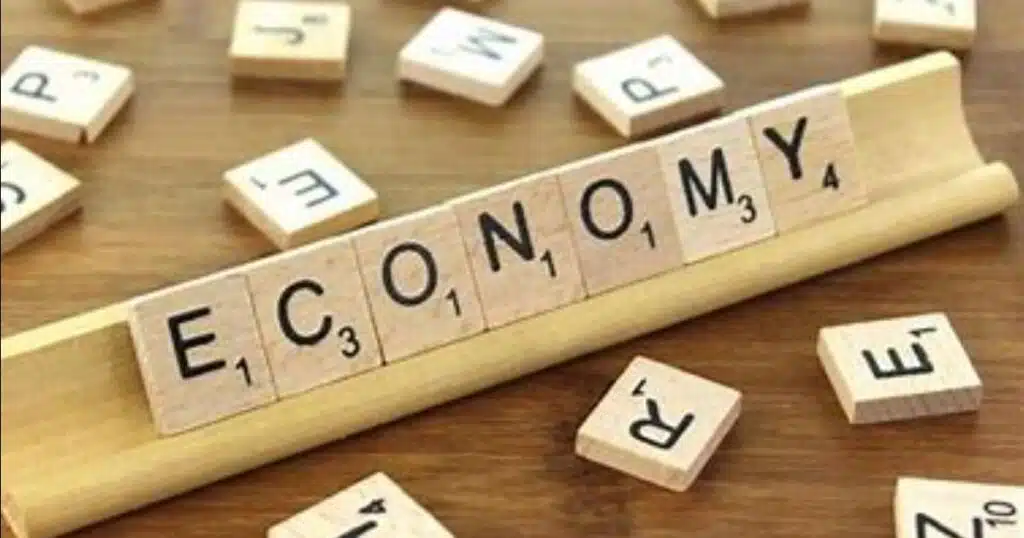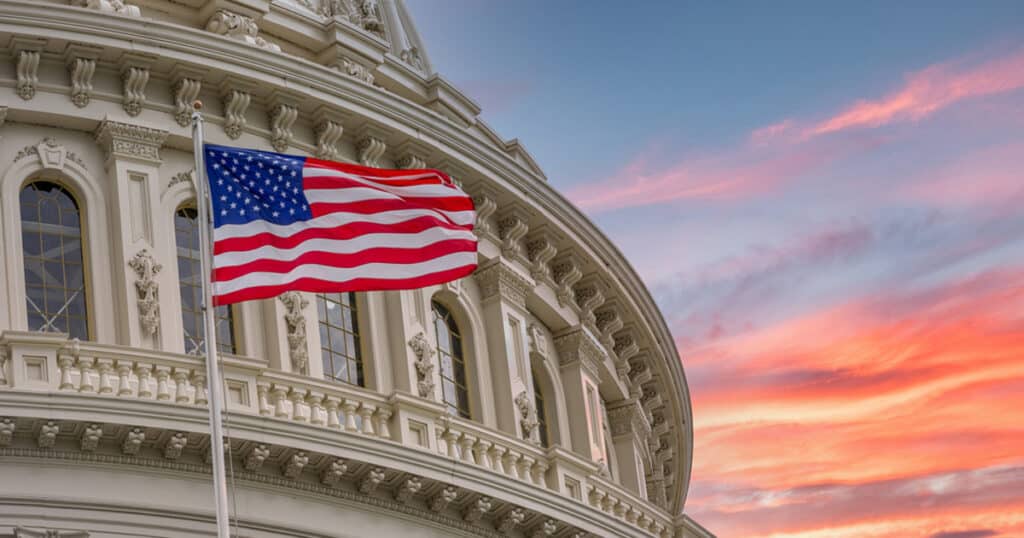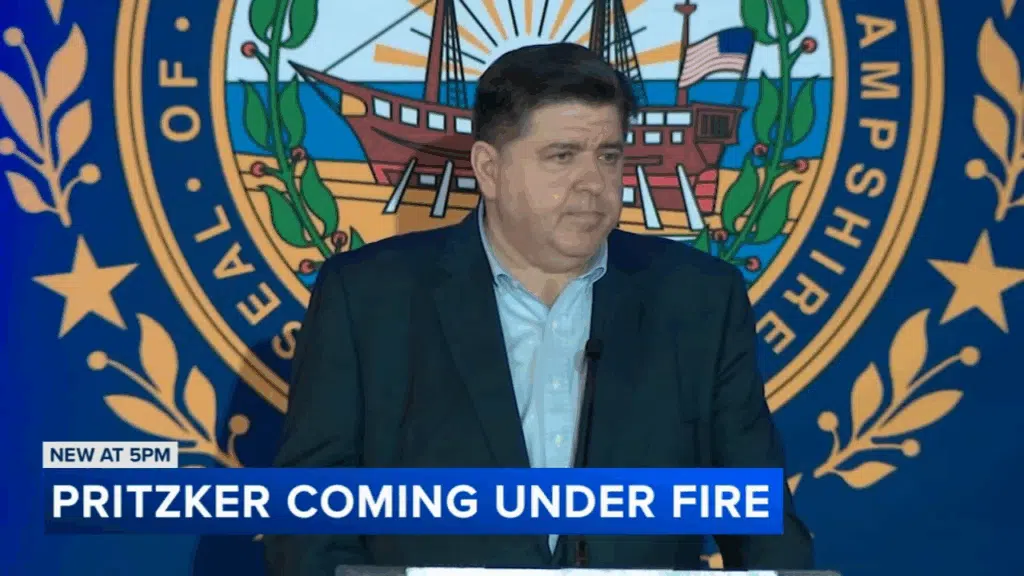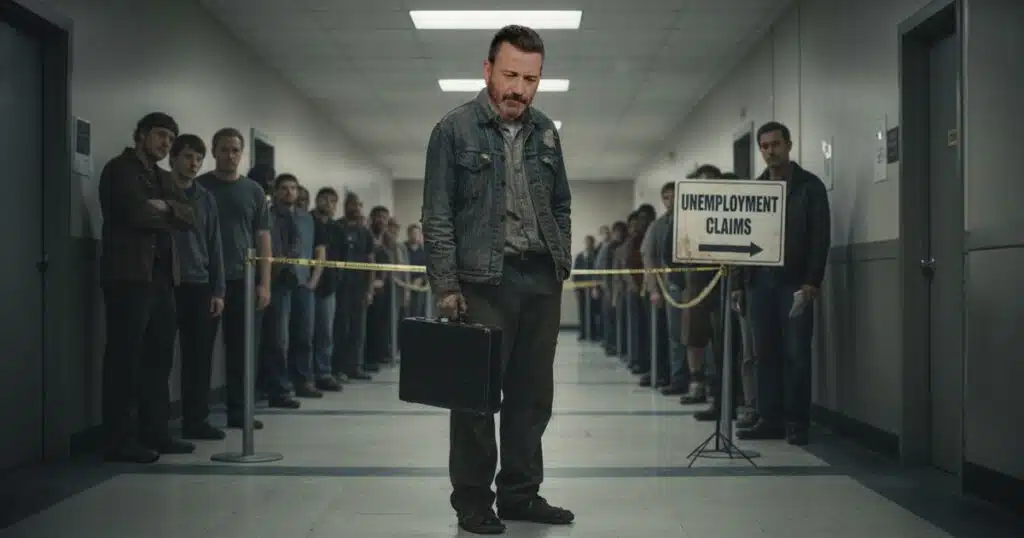
It’s the Economy, Stupid, Except When it Isn’t
The rat really started to smell when the headlines in staunchly liberal rags bemoaned the coming “red wave” with increasing frequency. I’ll admit it was tempting to revel in the left’s misery and apocalyptic visions of a Congress where both chambers were controlled by Republicans, but their chagrin and anxiety seemed forced to me.
Little did we realize the sucker punch that was coming.
I say “sucker punch” because in the left’s jubilant post mortem, there isn’t the sense of shock you would anticipate in such an unexpected outcome. Go back and look at a few videos on election night in 2016, and you’ll see what real shock looks like. As this election cycle closes, I’m seeing woke progressives gloat and display their smug condescension, but I don’t see anything close to shock, which tells me they anticipated the Republicans would take the bait and set themselves up for a bitter disappointment.
Republican Wishful Thinking Set the Trap
As 2022 Republican candidates reminded voters repeatedly, by any reasonable measure, Slow Joe Biden has been a disaster for America and its working-class citizens. I don’t have to run through the laundry list of failures, but it’s long and deep enough that the downdraft should have spelled doom for Democrats in this cycle.
Or maybe not…
For perspective, let’s look at midterm elections either during or immediately following a recession and track Republican gains and losses in Congress in those years.
1982 (Republican President):
- Unemployment: 10.8%
- Inflation: 3.8%
- Mortgage Rates: 18.45%
- In the 1982 election, Republicans lost 27 seats in the House and picked up 1 seat in the Senate.
1990 (Republican President)
- Unemployment: 6.3%
- Inflation: 6.1%
- Mortgage Rates: 10.13%
- In the 1990 election, Republicans lost 8 seats in the House and 1 seat in the Senate.
2001: (Republican President)
- Unemployment: 6%
- Inflation: 2.4%
- Mortgage Rates: 6.54%
- In the 2002 election, Republicans picked up 8 seats in the House and lost 1 seat in the Senate.
2009: (Democrat President)
- Unemployment: 9.9%
- Inflation: 2.7%
- Mortgage Rates: 5.04%
- In 2010, Republicans picked up 64 seats in the House and 5 seats in the Senate.
2022: (Democrat President)
- Unemployment: 3.5%
- Inflation: 8.52%
- Mortgage Rates: 6.91%
- In 2022, Republicans are likely to pick up 5-10 seats in the House and lose no more than 2 seats in the Senate.
Americans are not Feeling Enough Pain
In a recent American Spectator article, Scott McKay provides exceptional insight into the epidemiology of the recent election and the complex issues that led to the disappointing outcome. He concludes that perhaps Americans haven’t felt enough pain from Biden’s policies, and I think he’s spot on. Still, we must acknowledge the effect of the media hype machine that set the Republicans up for failure, even when the economic circumstances and resulting gains in Congress were similar to other midterm elections.
While inflation in 2022 is higher than any of the other midterm elections influenced by a recession, on its own, inflation may not play a significant role in election outcomes. Even looking back at the 1980 presidential election where Republicans enjoyed massive gains in the House and Senate, 12.5% inflation was accompanied by 7.2% unemployment, and there was a pervasive feeling it was only going to get worse.
It’s all About Unemployment in Recessions
Unemployment seems to have the greatest influence over voter preference when the dark clouds of recession roll in, which actually makes sense when you think about it. No one is happy with $4/gal gas, but notice how much of the anger subsided when prices leveled off? Over the short term, people will adjust and eventually accept higher prices, but what they can’t adjust to is not having a job. As long as the lines at Starbucks are long, complaints about the economy from consumers flush with cash have no real conviction. On the other hand, historically, every time unemployment reaches 10%, there was a seismic shift in midterm election sentiment.
As of March 2021, Americans had $3.9 trillion in personal savings, about $1.31 trillion more than they had before the pandemic. It will take a long time to burn through that much cash, even with elevated rates of inflation.
Historically, 2022 was in Line with Similar Elections
Consumer sentiment and the economic environment in 1990 compares most favorably to what we experienced in 2022. Inflation was lower back then, but unemployment and mortgage rates were substantially higher. In the 1990 midterm, with George H.W. Bush as president, Republicans lost eight seats in the House and one seat in the Senate, almost inversely identical to the 2022 projections, only under a Democrat president. If we’re being honest, the economy in 1990 was neither appreciably better or worse than 2022.
Somehow, with a great push from the progressive media, Republicans got over their skis and bought into the hype, which had no real historic precedent. Coming into 2024, it’s going to be essential that we keep our expectations realistic and guard against the temptation to assume victory is imminent, especially if the Democrats choose to use this same strategy in the coming presidential election.
The Republican Party in Damage Control
The disappointing election results have caused extensive psychological damage inside the Republican party. Ultimately, we could see an all-out civil war erupt over an election that almost perfectly matched historical norms. The Democrats and the complicit media could not have envisioned a better outcome. Let’s hope cooler heads prevail, and in the meantime, I guess we’re going to have to accept the reality that things are just not bad enough economically for the average American. Once Republicans accept that proposition, they can move on to the next phase of planning, which will require formulating strategies that emphasize message, retooling party infrastructure and improving candidate quality.
Keep an eye on the unemployment rate as we approach 2024. If it exceeds 6%, the Democrats could be in serious trouble, but if it stays under 4%, expect another dogfight with no certain outcome.
James Carville’s famous quote from 1992 needs to be amended: It’s the economy, stupid, except when it isn’t.



